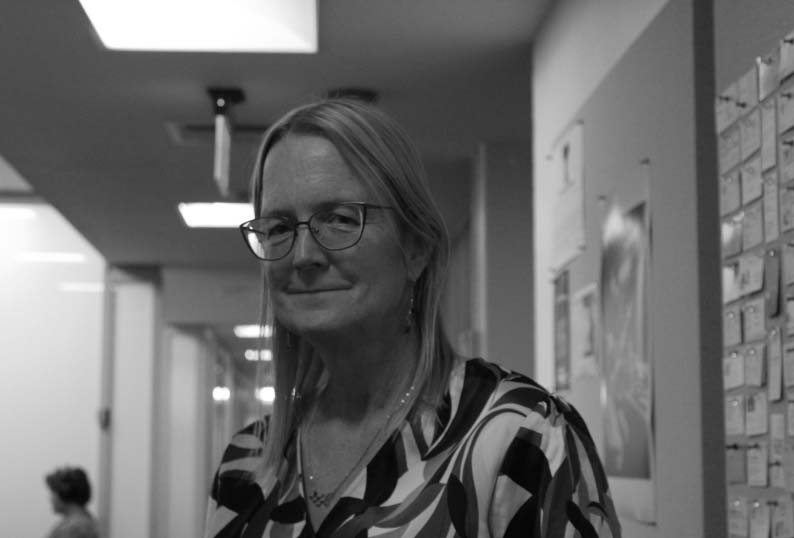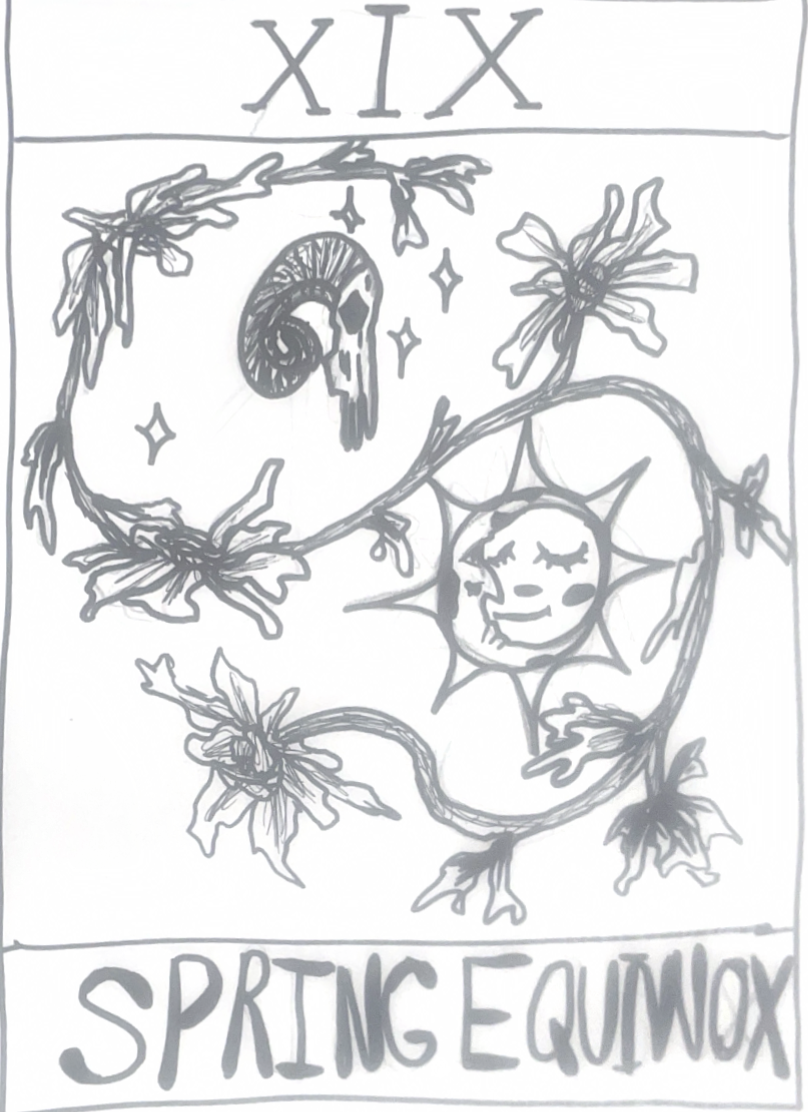In their pursuit to demonstrate innovative and progressive programs, universities often promote and cater towards environmental sustainability. However, without a sustainability director overlooking Trinity’s program, the university has fallen behind standards set by other universities and the expectations of students.
The sustainability page on Trinity’s website states: “Through education, community involvement, and local outreach, Trinity University makes constant strides towards building a more sustainable and environmentally friendly future. Trinity aims to encourage and empower both the campus and local communities to preserve our environment.”
Students, however, have raised concerns about Trinity’s commitment to sustainability, especially with regards to leadership, recycling and investment practices. Statements from Ernesto Gonzalez, associate director of facilities, Mark Detterick, vice president for Finance and Administration, and the Board of Trustees clarify Trinity’s stance on environmental sustainability.
Trinity’s sustainability website says, “As the Director of Sustainability, John Scherding leads initiatives and programs for long-term sustainability efforts at Trinity University.” However, Scherding has not worked at Trinity since June 2024. In an email, Detterick clarified that the position is currently vacant.
“While we are not currently looking to fill the role this academic year, I do envision that we will have a role in the near future that leads the University’s strategy re: environmental stewardship,” Detterick wrote.
Gonzalez said that, currently, a sustainability committee oversees the program. He referenced the website for additional information, “however, there is much that needs to be updated,” Gonazlez said.
The website describes the sustainability committee as comprised of multiple members, including “representatives from food-service provider Aramark.” Aramark has not been Trinity’s provider for over a year.
Trinity’s outdated sustainability website and lack of a director has cast doubt onto the functionality of programs like recycling. As to whether Trinity recycles, Gonzalez provided a definitive answer in an email: “Yes.”
Gonzalez said the custodial contractor’s staff gathers the recycled materials from common spaces and brings them to bins. Once the bins reach capacity, Trinity’s waste management provider brings the materials to their recycling plant.
Madelyn Stovall, sophomore political science major, said that her efforts to address sustainability concerns as an SGA senator have been met with significant barriers. She said a lack of staff responses and limited information create challenges for effective change.
“I really want to see more active effort in getting information out to students. … I think that there should be more of a clear train of communication because students have so many questions on sustainability, yet there’s not many places to find answers,” Stovall said.
Past Trinity students have advocated for these causes through organizations like Eco-Allies and Gardening Club. In 2020, students led the Divest Trinity movement, calling upon the university to permanently divest from fossil fuel investments. The Board of Trustees responded with a statement acknowledging the importance of responsible investment practices but did not commit to making any change.
This statement ends with a concluding paragraph describing Trinity’s investment practices as apolitical, financially-focused decisions. The statement says investments support the university to address important issues, but the investments themselves are independent.
“The Trustees believe the most appropriate forum for addressing broad social, ethical, and political issues within the University arena is through research, education, and thoughtful debate in an atmosphere of academic freedom. … The Endowment can be most effective and have the most powerful impact through its ongoing financial support of the University, and such support can only be sustained with a focus on maximizing long-term returns,” the statement reads.
Though economists debate the effectiveness of divestment, universities nationwide have undertaken the task as a symbolic action toward their environmental commitments. Despite Trinity’s outlier status, national university divestment rates are rising while their rejections of divestment movements are falling.
Stovall reflected on the current state of sustainability on campus, considering the lack of leadership and information on recycling, investment and other practices.
“Right now, I don’t think it’s reflexive of students’ views. I think that students want to be recycling, I think we want to be composting, I think we want to be as sustainable as possible because we know the climate crisis is going on, we know the state of the world,” Stovall said. “I think that Trinity can and absolutely should be doing better.”









